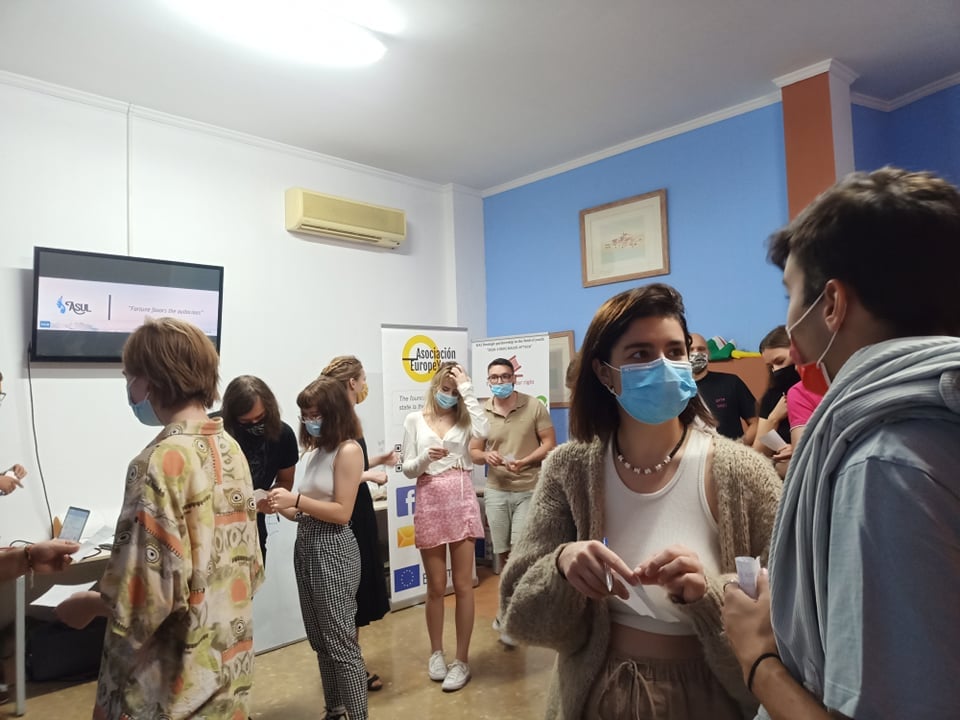Objectives
Witnessing breaking news may require perfect timing, but sharing news is much easier – all you need to do is click a link. In the high-speed information free-for-all on social media platforms and the internet, everyone can be a publisher. The digital age brings the convenience of information dissemination, while its interactivity and popularization make unverified news widely spread in an instant. In the EU, 56% of people aged 16-74 participated in social networks in 2018. EU’s social network participation rate has steadily increased since the beginning of the data collection (38% in 2011). Among younger people aged 16 to 24 years, almost 9 in 10 people in the EU participated in social networks (88%). This share ranged from 77% in France and 79% in Italy to 97% in Czechia, Denmark and Croatia. (source: Eurostat). This data ranks European Union users among the world’s top 10 in terms of social media consumption. Inevitably, EU citizens have been experiencing a scourge of disinformation in recent years. A disinformation which further increased during the COVID-19 outbreak. The COVID-19 pandemic is not only putting a great strain onto the EU health system, but it is also testing EU citizens’ ability to distinguish important news from false and misinformation (e.g. Russia unleashed 500 lions to keep people indoors. Doctors in London are being mugged. Vitamins or certain snake oils cure the disease). “Fake news spreads faster and more easily than this virus, and is just as dangerous. If we believe misinformation rather than facts, we are headed down a dark path that leads nowhere but division and disharmony,” said World Health Organisation director general Tedros Adhanom Ghebreyesus.
For this reason, evaluating information and recognizing “fake news” is a critical skill for everyone but especially for young people, which as seen are the age group mostly active on social media and often do not have critical thinking skills or knowledge to recognize a fake news. Following, it is more essential than ever that youth workers, which are responsible for youth well-being, promote best practice and avoid the dangers of inaccurate information. Skill in locating and evaluating information can help youth workers work with youth which always more often unintentionally share and bring incorrect information into an interaction.
Having all this in mind, the main aim of “FAke or FAct” was to prepare youth workers with the necessary knowledge and skills to identify, analyse and evaluate fake news.
Implementation
FAke or FAct was a training course of 9 days (including travel days) of 28 participants, with no age limits, active in youth work field and with previous competences. The project was delivered through non-formal learning methodology including methods such as: ice breakers, energizers, name games, reflection groups, working into intercultural subgroups, facilitated discussion, creative presentations, simulation, case study, debates and outdoor activities.
Selection of Participants was also based on the following criteria:
1. Mix of existing and experienced youth workers but also youth workers who were new or newish to media literacy, ICT and issues caused by the spread of fake news.
2. Presentation of Europass CV.
3. Good knowledge of English.
4. Basic knowledge in social media, fake news and media literacy.
5. Experience in the implementation of projects within the field of youth through participation in previous programs.
6. Willingness to remain involved in the development of project after the training course.
7. Gender quota
Results
Through the new skills acquired youth workers are now able to:
-To enhance the active participation of disadvantaged youth in wider society.
-To equip young people with the skills and attributes to be responsible consumer of news and consider the source of this information and whether believe it or share it.
-To improve community and intergenerational relations as young people are viewed as positive contributors.
-To engage youth in using social media and other online tools for creating positive contents on the web.
-To understand how fake news learning is destined to become a key topic in the future of youth work and all European continent. So, youth workers can now start to make aware young people that fake news can affect their future choices.
-To start a series of awareness initiatives in high schools and university about fake news learning.
-To foster awareness about fake news in community which are characterized of a high number of disadvantaged youth which are very exposed to fake news and often are followers of social media pages creator of fake news.

